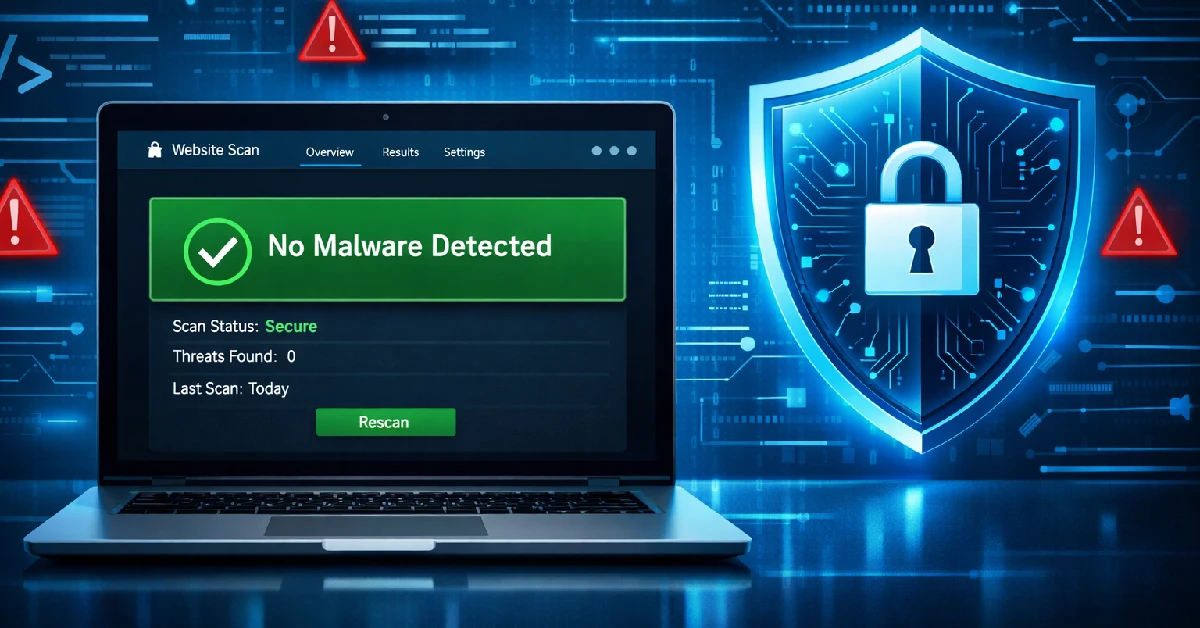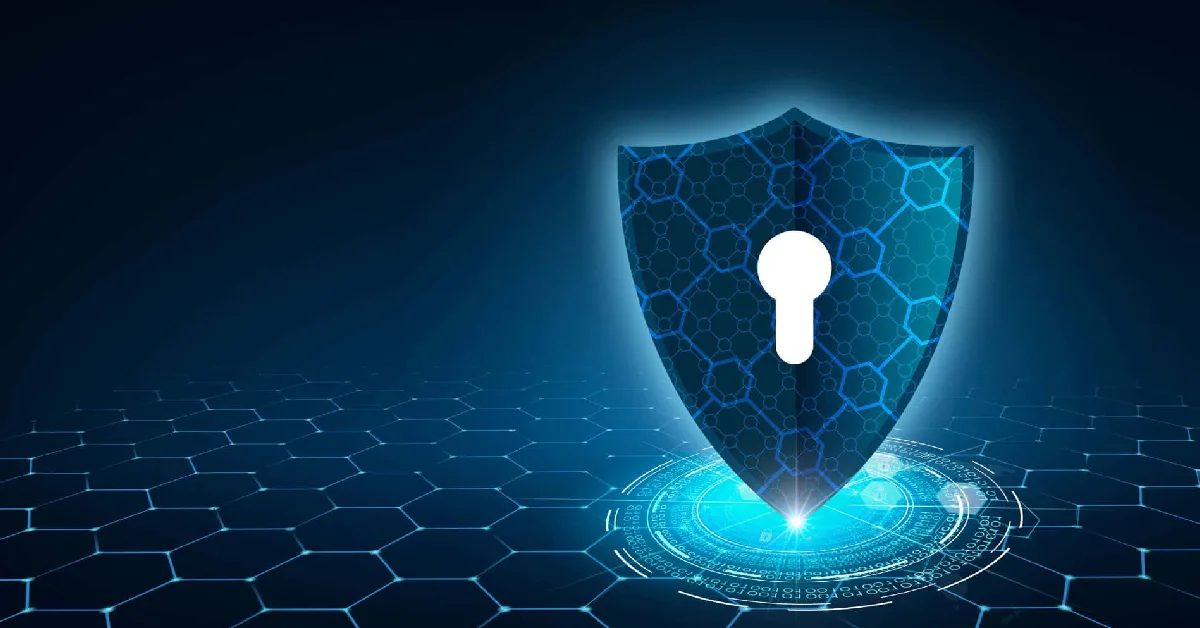In today’s digital world, protecting our devices from malware and viruses is crucial. Many people believe that purchasing expensive antivirus software is the only way to ensure their online security. However, we’re here to challenge that notion. At Toolsbyguru, we believe that you don’t need to buy antivirus software to protect your devices effectively. In this blog, we will explore alternative methods and tools that can safeguard your computer without breaking the bank. By implementing these strategies, you can enhance your online security without the hefty price tag.
Windows Defender : If you’re using a Windows operating system, you already have a reliable antivirus solution built-in: Windows Defender. This free software offers robust protection against a wide range of threats, including viruses, spyware, and ransomware. It provides real-time scanning, automatic updates, and a firewall to keep your system secure. Windows Defender is regularly updated by Microsoft, ensuring that you have the latest protection against emerging threats. By utilizing this pre-installed tool, you can save money while still benefiting from comprehensive antivirus protection.
Malwarebytes : Malwarebytes is a popular and effective tool that specializes in detecting and removing malware. While the premium version offers additional features, the free version of Malwarebytes is a powerful tool for on-demand scanning and malware removal. It can effectively complement your existing antivirus software or Windows Defender. By running regular scans with Malwarebytes, you can detect and eliminate any malicious software that may have slipped through your primary defenses.
Common Sense Online Practices : One of the most effective ways to protect your devices is by practicing good online hygiene. Simple measures like avoiding suspicious websites, not clicking on unknown links or attachments, and being cautious with email and social media interactions can significantly reduce your exposure to malware. Additionally, keeping your operating system, web browsers, and other software up to date with the latest security patches ensures that you have the most robust protection against known vulnerabilities.
- Ad Blockers and Script Blockers : Ads and scripts on websites can sometimes carry malicious code or lead to deceptive pages. Installing an ad blocker and script blocker in your web browser can provide an additional layer of protection. These tools prevent ads and scripts from running, reducing the risk of inadvertently clicking on malicious content. Popular options include uBlock Origin and NoScript, which are available as browser extensions for various browsers.
- Regular Backups : Backing up your important files regularly is a crucial practice that protects you against data loss due to malware or hardware failures. By creating backups on external hard drives, cloud storage, or network-attached storage (NAS) devices, you can easily restore your files if your system is compromised. Several free backup software options, such as EaseUS Todo Backup Free and AOMEI Backupper Standard, provide reliable solutions for automated backups.
- Patch Management : Keeping your software up to date is vital for security. Enable automatic updates for your operating system, web browsers, and other software applications. Developers frequently release updates that address security vulnerabilities and patch any weaknesses that could be exploited by malware. By ensuring that you have the latest versions installed, you minimize the risk of being targeted by known threats.
- Windows Firewall and Router Security : In addition to antivirus software, utilizing built-in security features like the Windows Firewall can add an extra layer of protection. The Windows Firewall monitors network traffic and blocks unauthorized access to your computer. Furthermore, configuring your router’s security settings, such as changing the default password and enabling encryption (e.g., WPA2), can prevent unauthorized users from accessing your network and compromising your devices.
- User Account Control (UAC) : User Account Control (UAC) is a feature in Windows that prompts for permission before allowing certain system changes. By enabling UAC, you ensure that any potentially malicious actions require your explicit approval. This helps prevent unauthorized software installations and other suspicious activities that may compromise your computer’s security.
- Educate Yourself : One of the most powerful tools for online security is knowledge. Stay informed about the latest threats and best practices by reading reputable technology blogs and security websites. By educating yourself, you’ll be better equipped to identify and avoid potential risks, making it less likely that you’ll encounter malware or fall victim to phishing attempts.
Contrary to popular belief, you don’t need to purchase expensive antivirus software to protect your devices effectively. By leveraging free tools such as Windows Defender and Malwarebytes, practicing good online hygiene, utilizing ad blockers and script blockers, maintaining regular backups, staying up to date with software patches, configuring firewalls and router security, enabling User Account Control, and educating yourself about online threats, you can enhance your online security without spending a dime. At Toolsbyguru, we believe that robust protection should be accessible to everyone, and these strategies can help you safeguard your devices and data without breaking the bank.




